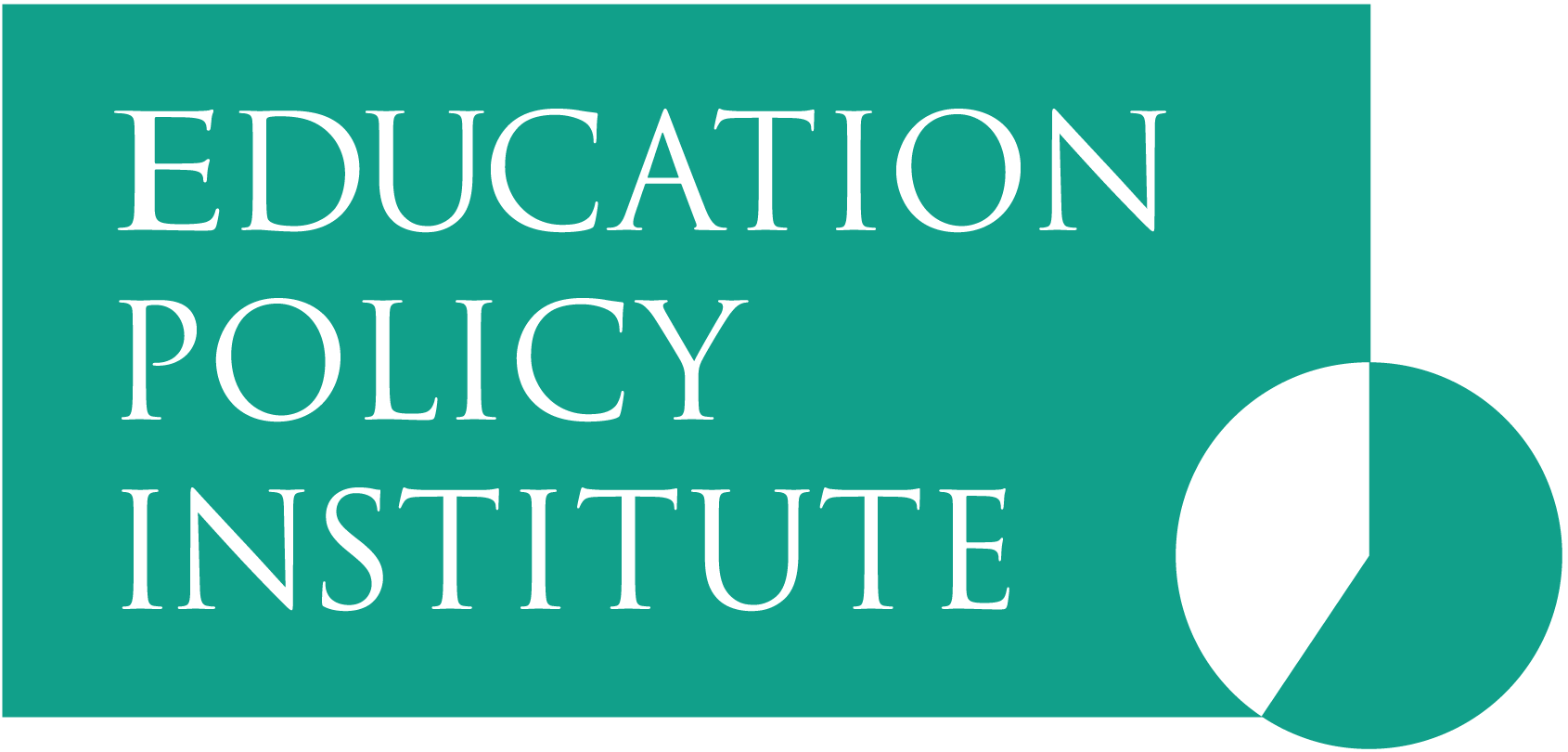For this year’s Labour party conference, the Education Policy Institute has partnered with NASUWT to hold a public panel on: Fair funding for schools: exploring future reform to the NFF to ensure all schools and children can thrive.
With school budgets across the country feeling the effects of a decade-long funding squeeze, it is critical to consider what a fair school funding system should look to ensure schools and their pupils, no matter their location or demographics, have the necessary support to thrive.
The National Funding Formula (NFF) was introduced in 2018 with the aim of improving transparency and ensuring resources reach the schools that need them most, taking into account pupil numbers and characteristics, school characteristics, historic funding amounts and geographic variation in costs. IFS analysis shows that school spending per pupil has fallen by 9% in real terms in the decade leading up to 2020 and with school funding so closely tied to pupil numbers, the Department for Education’s projected fall in rolls could bring significant challenges to the financial health of schools and to the sector more widely, which can force schools to consider further cost-cutting, amalgamation, or in some cases, school closure.
Recent EPI analysis, using our school funding model to replicate the NFF, finds that total pupil numbers in state-funded primary and secondary schools are projected to fall from a peak of 7.57 million in 2022/23, and then decrease at an average rate of 1.0 per cent each year until they reach 7.14 million in 2028/29. This means that even under a scenario where per pupil funding is increased in real terms by 0.5 per cent per year, overall funding would still fall by £1 billion by 2029-2030. Changes to pupil numbers are also not consistent throughout the country – across the regions of England, pupil numbers are projected to fall the most in London and the North East and are also likely to see an increase in the rate of deprivation. Significant falls in funding in these areas risks further widening of the disadvantage gap as school budgets struggle to meet the additional needs of disadvantaged pupils.
In their manifesto, Labour made no mention of school funding which given the scale of the challenge and the demographic changes on the horizon, is a significant omission. This panel will bring together politicians, school leaders and other education stakeholders to consider the mechanisms of how funding is distributed across the systems. Panellists will discuss the implications of falling pupil rolls on the NFF; whether deprivation is reflected sufficiently in the formula and how funding might be better targeted towards the most disadvantaged pupils and ultimately, what a fair funding system should look like in future to ensure schools and pupils have the necessary financial resources to flourish.
We are delighted to be joined by Dr Patrick Roach, NASUWT, Emma Balchin, NGA; Cllr Lila Bennett, Liverpool City Council and Dr Kulvarn Atwal, Highlands Primary School. Natalie Perera, EPI’s Chief Executive, will chair this panel.
** Note: This event will take place in the conference secure zone. To access the secure zone you will need to obtain a pass directly from the Labour Party.**








